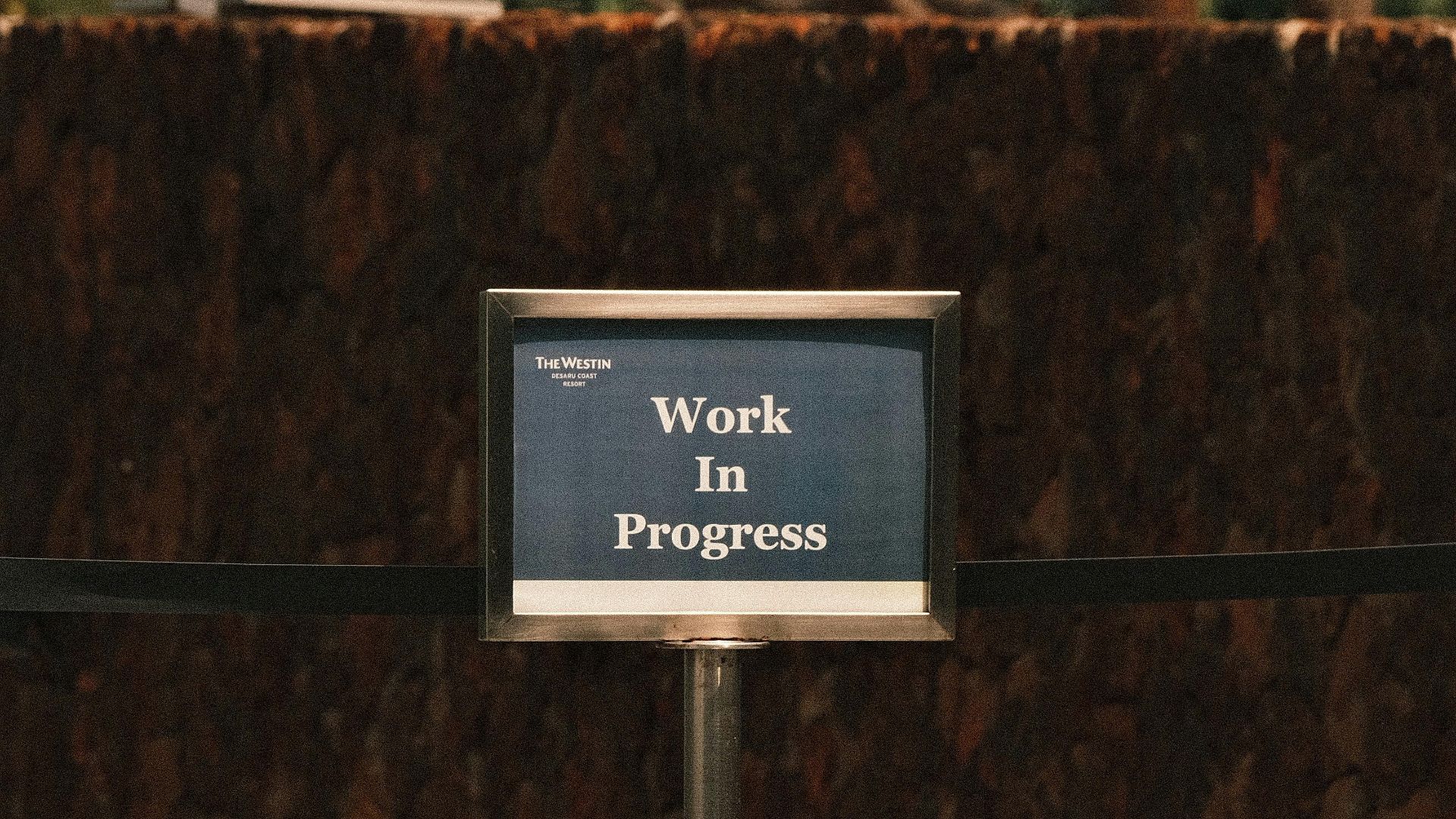How Much Money Are You Letting Slip Through Your Fingers?
It's almost that time of year again. While money has to come from somewhere to fund public projects, paying taxes while we're already coping with skyrocketing prices can feel like a burden. That's why it's important to ensure you're not paying more than you have to. There are so many small practices you can do throughout the year as well as claims you can make that, while they may seem small, can add up to significant savings. Here are 20 tips from experts so you can afford that much-needed family vacation.
1. Use Tax-Advantaged Accounts
A tax-advantaged account is a bank account that offers tax benefits such as a Registered Retirement Savings Plan (RRSP) in Canada and a 401(k) or IRA in the US. These types of accounts help you save money for retirement while lowering your taxable income and giving you government incentives. Every dollar you put into these accounts isn't taxed until you take the money out.
2. Claim Tax Credits
There are many tax credits you should be utilizing to your advantage when filing. These credits reimburse you for certain expenses like childcare, disabilities, and tuition.
3. Deduct Student Loan Interest
If you're repaying student loans, you might be able to deduct the interest you paid. Claiming your interest reduces the amount of taxes you owe by the amount of interest you paid.
4. Claim Moving Expenses
If you moved this year, don't forget to claim moving expenses. It's an easy thing to overlook, but moving is a big expense and it can make a difference.
5. Deduct Home Office Expenses
If you work from home, you can deduct home office expenses. In the US, this only applies to self-employed and contract workers, but in Canada, if you work from home more than half the time, you can claim your expenses. This is anything from office furniture and supplies to rent and utilities.
6. Invest Long Term
Investing allows you to make money without having to pay as much tax on your earnings. If you hold your investment for over one year in the US or over half a year in Canada, you only get taxed for half those earnings in Canada or up to 20 percent in the US.
7. Defer Your Income
You can delay when you report certain parts of your income to a future tax year, meaning you get to lower the current year's tax bill. This is useful if you think you'll be in a lower tax bracket next year or just need to reduce your tax burden this year.
8. Harvest Investment Losses
Harvesting investment losses is when you sell losing investments. The idea is to offset gains, reduce your taxes, and maintain your investing portfolio's long-term growth.
9. Split Income With Family Members
Because higher incomes are taxed at higher rates, splitting income with family members is a good strategy for reducing overall taxes. This can be in the form of a pension splitting for retired couples, a spousal savings account, or a family business payroll where family members are paid a reasonable salary for legitimate work.
10. Deduct Business Expenses
This one only applies to self-employed people, freelancers, and business owners, but even if you just have a side gig, you can deduct business-related expenses from your taxes. This only applies to things that help you make money like internet and phone, computers, and some business travel expenses, not personal expenses.
11. Incorporate
If your business makes more than $80,000 a year, it may be a good idea to incorporate. You can take advantage of lower tax rates, and tax deferrals, and it helps you raise funds and attract investors.
12. Claim Vehicle Deductions
If you use your car for your job, you can claim vehicle expenses. This applies to freelancers, gig workers, employees, Uber, and delivery drivers. You must keep records of your expenses and track mileage to claim this deduction.
13. Maximize Pension Contributions
Don't just open an IRA, use it. Putting in more money today can lead to large financial benefits later by lowering your taxable income, taking advantage of compound growth, and getting more free money as many employers match your contributions.
14. Claim Donations
Any donations you've made over the year to charities, religious, educational, or medical supplies are at least partially deductible. Even if you don't have the cash to make a money donation, deductions include donations of stocks, bonds, real estate, food, clothes, furniture, or medical supplies.
15. Hire An Accountant
If you want to save yourself some dough, it pays to hire an accountant to do your taxes for you. It might seem like an unnecessary cost, but they'll generally end up saving you more money than you spent on their fees.
16. Track Days Spent Working In Different Locations
In this era of remote work, many are working and living in a different state or country from where their employer is based. If you spend more than 183 days in another state, you may owe state taxes there. Similar problems arise when you decide to live abroad so make sure you keep track of how many days you're away.
17. Invest In Municipal Bonds
Investing in municipal bonds is the practice of lending money to local governments to fund public projects like roads, schools, and hospitals. In return, you get regular tax-free interest payments. In the end, you get your investment back and you get to enjoy the infrastructure that you helped get built.
18. Contribute To A Health Savings Account
A Health Savings Account (HSA) is a savings account in the US designed to help pay for medical expenses. Inside the account, your money grows tax-free and you can withdraw tax-free for eligible medical expenses. Some HSAs can also be used to invest in stocks, bonds, and mutual funds.
19. Use Principal Residence Exemption
The US and Canada both have a version of this exemption that allows you to sell your primary home without paying capital gains tax on whatever you make. In the US you can only exclude up to $250,000 ($500,000 for couples) but in Canada, there is no such rule.
20. Invest In Dividends
Certain dividends are taxed at lower rates than regular income and some even come with tax credits or deferrals. Just make sure you're investing in the right qualified dividends as REIT or short-term holdings are taxed just like regular income. Holding high-dividend stocks in tax-advantaged accounts is the way to go.




























